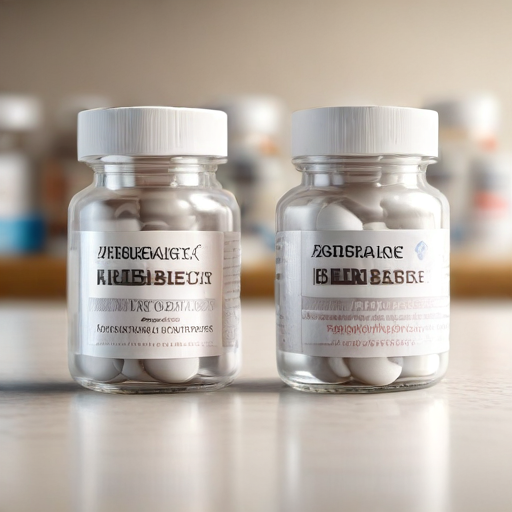A recently released report by the House Committee on Oversight and Accountability has raised serious concerns regarding the practices of Pharmacy-benefit Managers (PBMs), claiming they are directing patients towards costlier medications and restricting their pharmacy options. This investigation, which lasted 32 months, was conducted in advance of a hearing where executives from major PBMs such as Express Scripts, OptumRx, and Caremark are expected to testify.
PBMs serve as intermediaries for health insurers, negotiating pricing with pharmaceutical companies and establishing out-of-pocket costs for patients. The report underscores that these three main PBMs control about 80% of U.S. prescription medications.
Key findings from the report indicate that PBMs often promote higher-priced brand-name drugs over more affordable alternatives. For instance, the committee highlighted emails from Cigna that advised against cheaper substitutes for Humira, a medication for arthritis, despite the existence of a biosimilar costing half the price of the original drug.
Patients also reportedly faced limitations in their pharmacy choices due to the practices of Express Scripts, which suggested that filling a prescription through their affiliated mail-order service would save them more money compared to local pharmacies. This tactic appears to restrict patient autonomy in deciding where to obtain their medications.
Similar concerns were echoed in a recent report by the U.S. Federal Trade Commission, which noted that the top six PBMs manage nearly 95% of prescriptions in the country. The FTC pointed out that the growing concentration of PBMs may create conflicts of interest that harm independent pharmacies and result in higher prices for consumers. FTC Chair Lina M. Khan emphasized that these middlemen are potentially overcharging patients for cancer medications, significantly enriching themselves in the process.
This report sheds light on the significant influence PBMs hold over medication accessibility and affordability for millions of Americans. As discussions progress, there is hope that regulatory actions may lead to improvements in transparency and fairness in drug pricing, ultimately benefiting consumers.
In summary, it’s crucial that the ongoing investigations into PBM practices lead to reforms that prioritize patient welfare, ensuring that access to essential medications is equitable and affordable. With increasing attention on this issue, there’s potential for systemic changes that improve healthcare for everyone.
